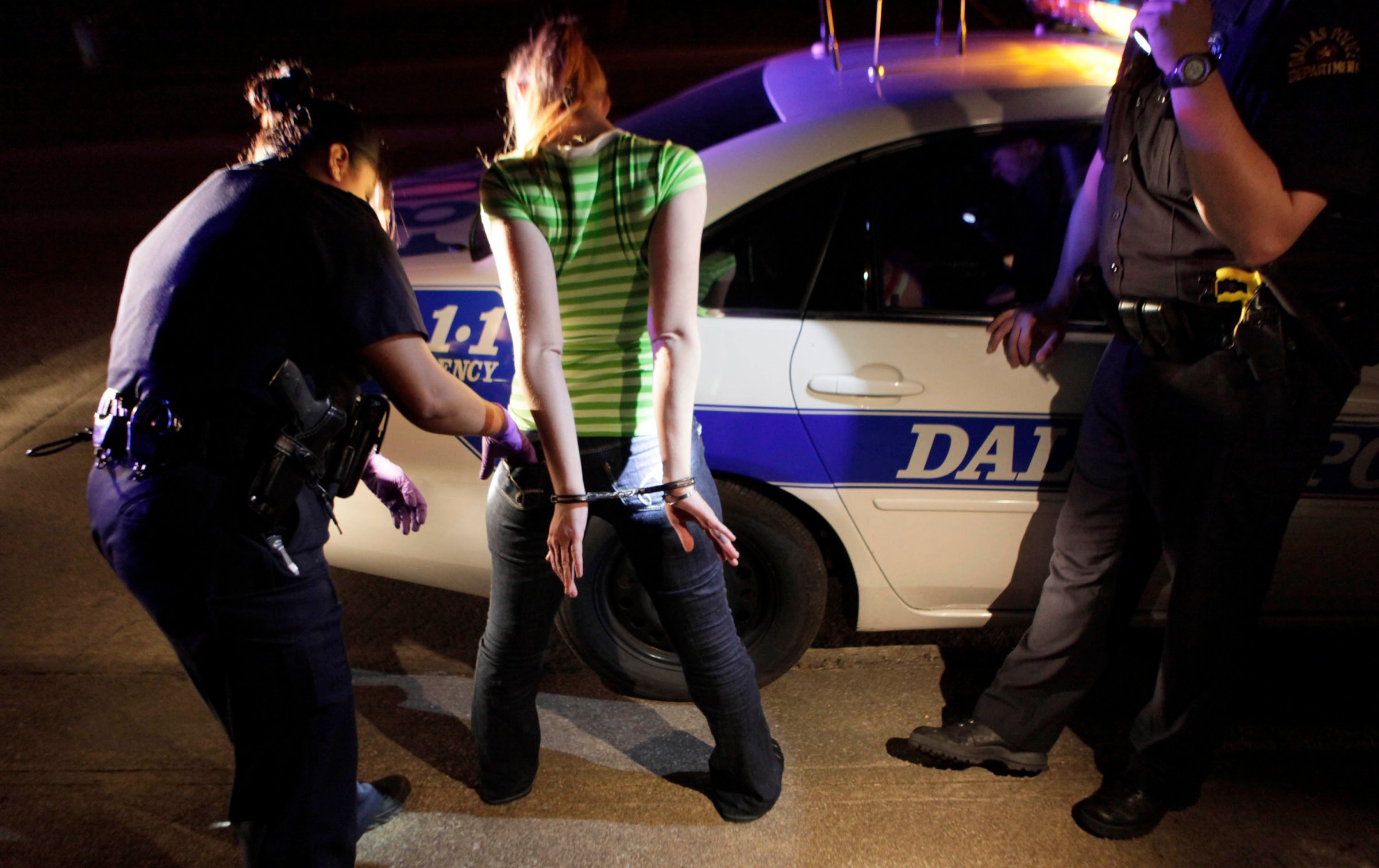
For Marian Hatcher, prostitution was not a choice. Ensnared in an abusive relationship with a man she says hooked her on crack and then pimped her out, she describes years spent hosting “sex parties” in a basement. Eleven years after her arrest and rehabilitation, Hatcher now counsels trafficking victims in the Chicago area and works with police to catch sex buyers. Best of all, she is reunited with her five kids. “On Mother’s Days I tried to smoke enough crack to blow my heart up,” she recalls of her years selling sex. “It is not work. It’s not an occupation.”
The question of whether prostitution is inherently exploitative is as old as the sex trade itself, but now the human-rights organization Amnesty International is wading into the debate. On Aug. 11 the group is scheduled to vote on a draft proposal that would recommend complete global decriminalization for both buyers and sellers of sex. Pointing to research long promoted by sex-industry advocates, Amnesty’s proposal suggests that bringing sex workers out from the shadows would enable them to seek protection from abuse and give them better access to health and social services. The U.N. has also published reports suggesting that legalizing prostitution would reduce AIDS.
Amnesty International lobbies for human rights in more than 190 countries, but can’t make or enforce laws. Still, its recommendations carry weight–Amnesty’s activism has led to the release of tens of thousands of political prisoners since 1961.
The proposal on prostitution has set off a firestorm of opposition from faith groups, other human-rights advocates, feminist organizations and celebrities like Meryl Streep and Lena Dunham. They argue that full legalization would enrich pimps but do little to help prostituted women, whom they describe as vulnerable and often trafficked from poor nations. They want resources for those who sell sex but punishment for those who buy or profit from it, pointing to countries like Sweden, which banned the purchase of sex in 1999. And they cite a 2012 study in the journal World Development that found that where prostitution is legal, trafficking increases to meet demand.
The data on this subject is not perfect, but it suggests that the majority of people who work in the sex industry do so against their will. The U.N.-affiliated International Labor Office estimated in 2014 that more than 4.5 million people work in forced prostitution, and sexual exploitation generates an estimated $99 billion a year (in a sex industry valued at around $186 billion total, according to a report cited by the European Parliament). Amnesty’s argument is that decriminalizing and regulating the industry could prevent this exploitation.
Even if Amnesty votes yes on the proposal, it won’t be official unless the board approves it in October. But as lawmakers in France and parts of the U.K. consider laws against buying sex while sex workers agitate loudly for full legalization, the debate is sure to continue.
More Must-Reads from TIME
- Donald Trump Is TIME's 2024 Person of the Year
- Why We Chose Trump as Person of the Year
- Is Intermittent Fasting Good or Bad for You?
- The 100 Must-Read Books of 2024
- The 20 Best Christmas TV Episodes
- Column: If Optimism Feels Ridiculous Now, Try Hope
- The Future of Climate Action Is Trade Policy
- Merle Bombardieri Is Helping People Make the Baby Decision
Write to Charlotte Alter at charlotte.alter@time.com